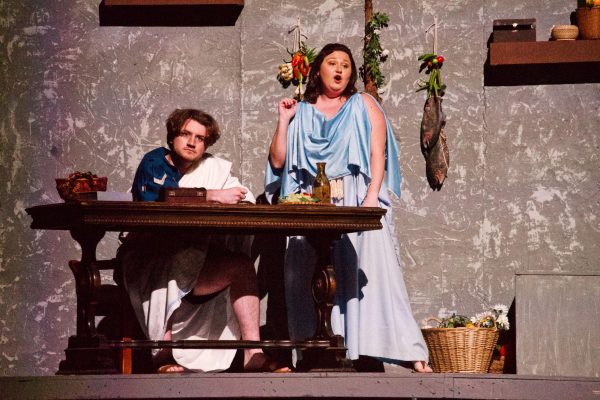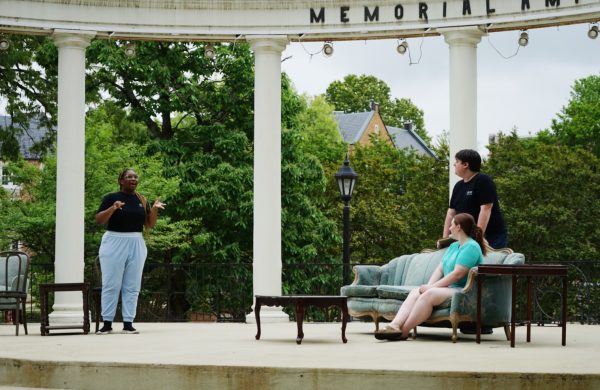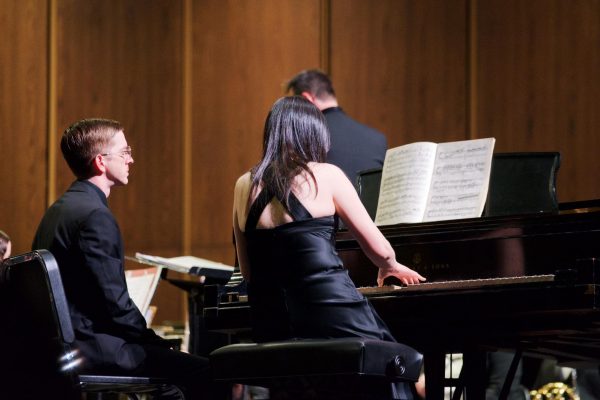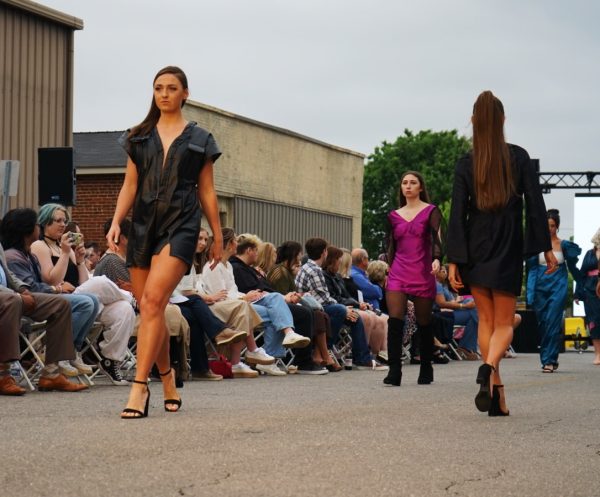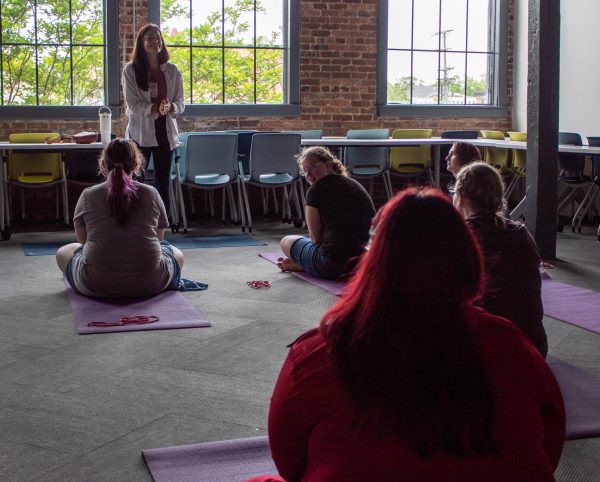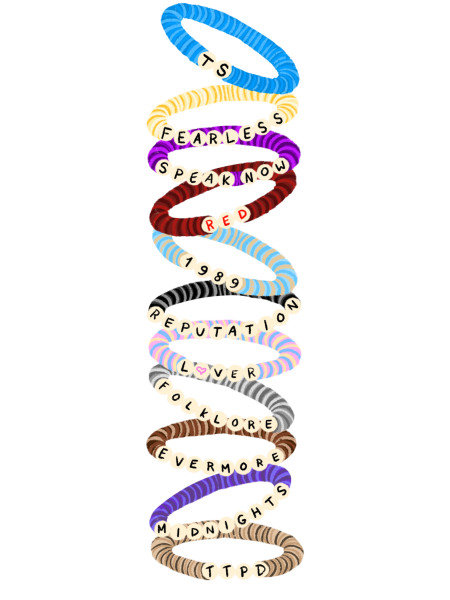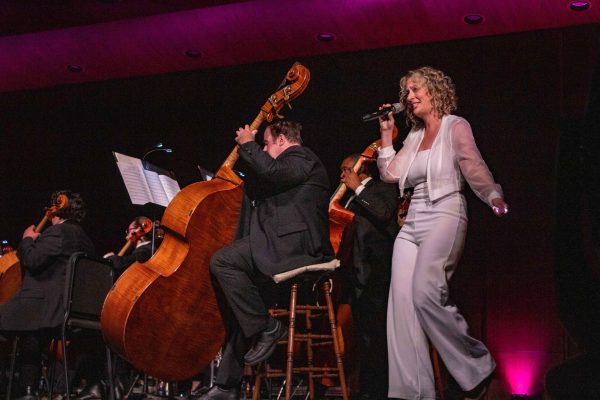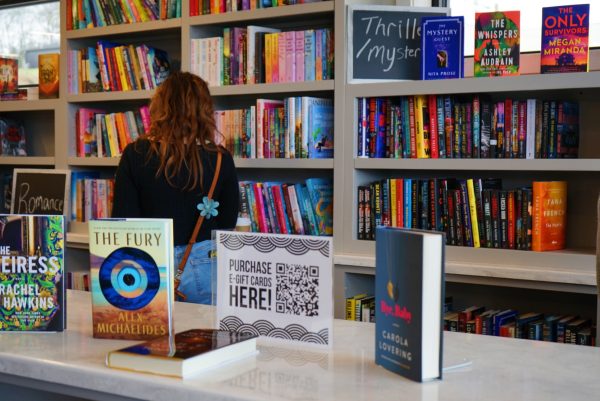J. Cole’s music shares truths of black communities
August 27, 2020
It is no secret that music is an art form inspired by our thoughts and emotions. Artists and musicians are often able to use their experiences as prompts for lyrics, but what does it take to create a melody, a hook or even one simple lyric that speaks to an entire audience? Or better yet, something that moves people in a way that gets them off their feet and motivated to provoke change?
Since 2011, Jermaine Cole, better known by his stage name, J. Cole, has been inspiring his listeners with songs that shed a light onto the experiences of a black person in America, more specifically a black man in America. Throughout his discography, he has kept things honest and open, and with the state of the world in 2020, we all could use a little more perspective.
In his first album, “Cole World: A Sideline Story,” released in September of 2011, Cole introduces the common theme of police brutality within minority communities. The song “Breakdown” speaks of Cole hearing the cops shoot down the people in his community and close circle. It also addresses the lack of economic opportunity in the area and explains how those that live there are only exposed to the overly represented opportunities of the Armed Forces. It is made to seem like it is the only true chance for growth, even though that is not true. This song introduces the stereotype of the absent black father as well, and even though there are families of all races and cultural backgrounds that are without a father figure, this is a stereotype that only black men are still fighting today.
Five years and two albums later, Cole released his fourth album, “4 Your Eyez Only.” This album contains multiple songs that highlight the adversity in the black community. In his song “Immortal” he emphasizes the lack of options presented to young black men. He raps that “they” say that the only way for black people to become successful is to “sell dope, rap, or go to the NBA.” Keeping with the same idea of black people being associated with crime and drugs, Cole’s seventh song on this album, “Neighbors,” addresses this toxic, racist mindset. This song is inspired by true events, as his home studio was raided by SWAT team members after neighbors complained that the home was being used to produce and sell drugs. Lyrics from this song speak about a feeling that many may relate to: “How I feel, damn, it’s late. I can’t sleep, ‘cause I’m paranoid. Black in a white man territory, cops bust in with the army guns. No evidence of the harm we done, just a couple neighbors that assume we slang. Only time they see us we be on the news, in chains.” This kind of racial profiling is extremely prevelant today and is the reason black men and women are targeted by other civilians and police.
While many of J. Cole’s songs show the negative connotations associated with being a black person in America, he also has songs that uplift the black community. Songs like “Crooked Smile”, which premiered on his album “Born Sinner” in 2013, and “Love Yourz”, from “2014 Forest Hills Drive,” are all about self-love and appreciating the skin you are born in.
While life is hard, and harder for some due to the racism and stereotyping, J. Cole’s music is set to educate and inspire those who want to change that.


